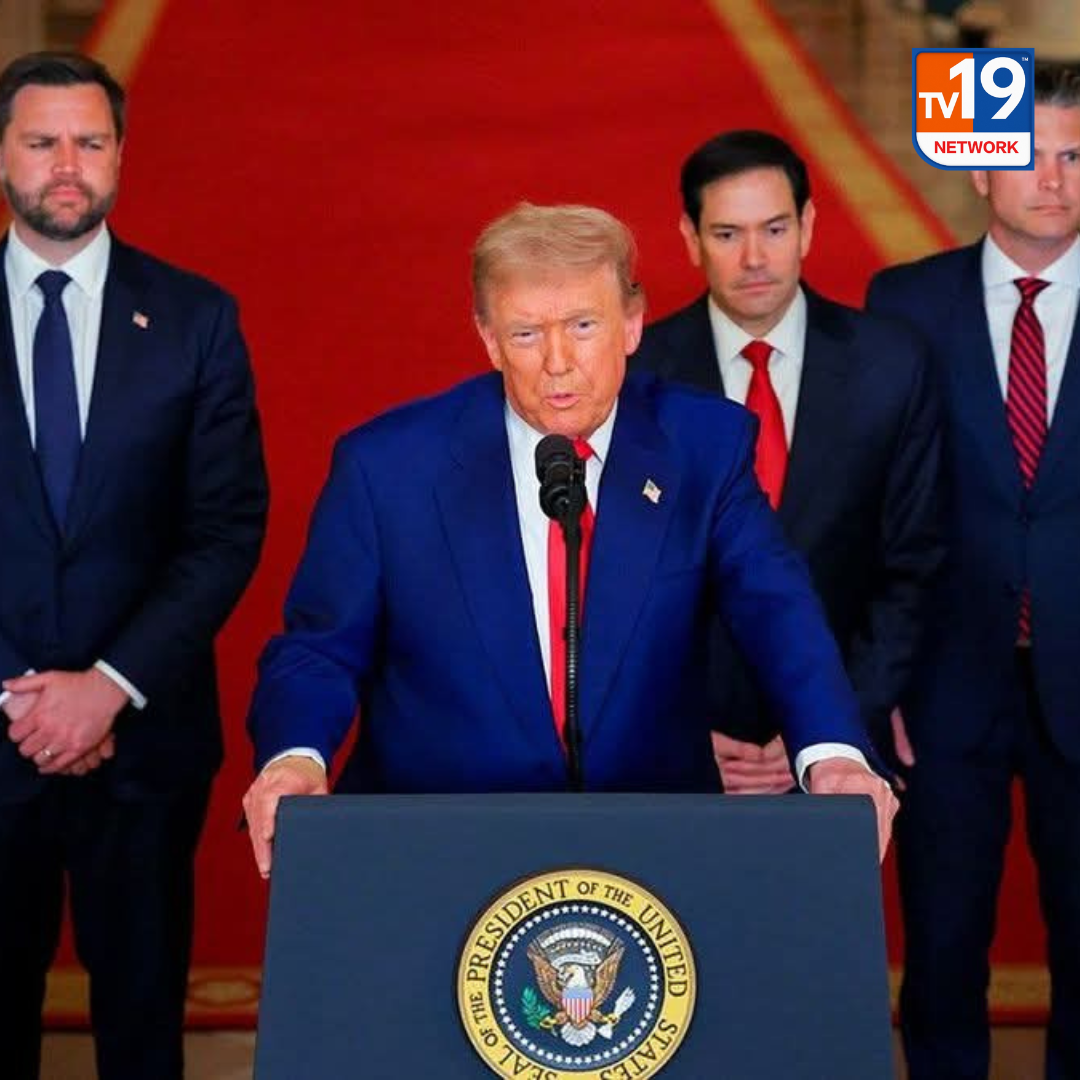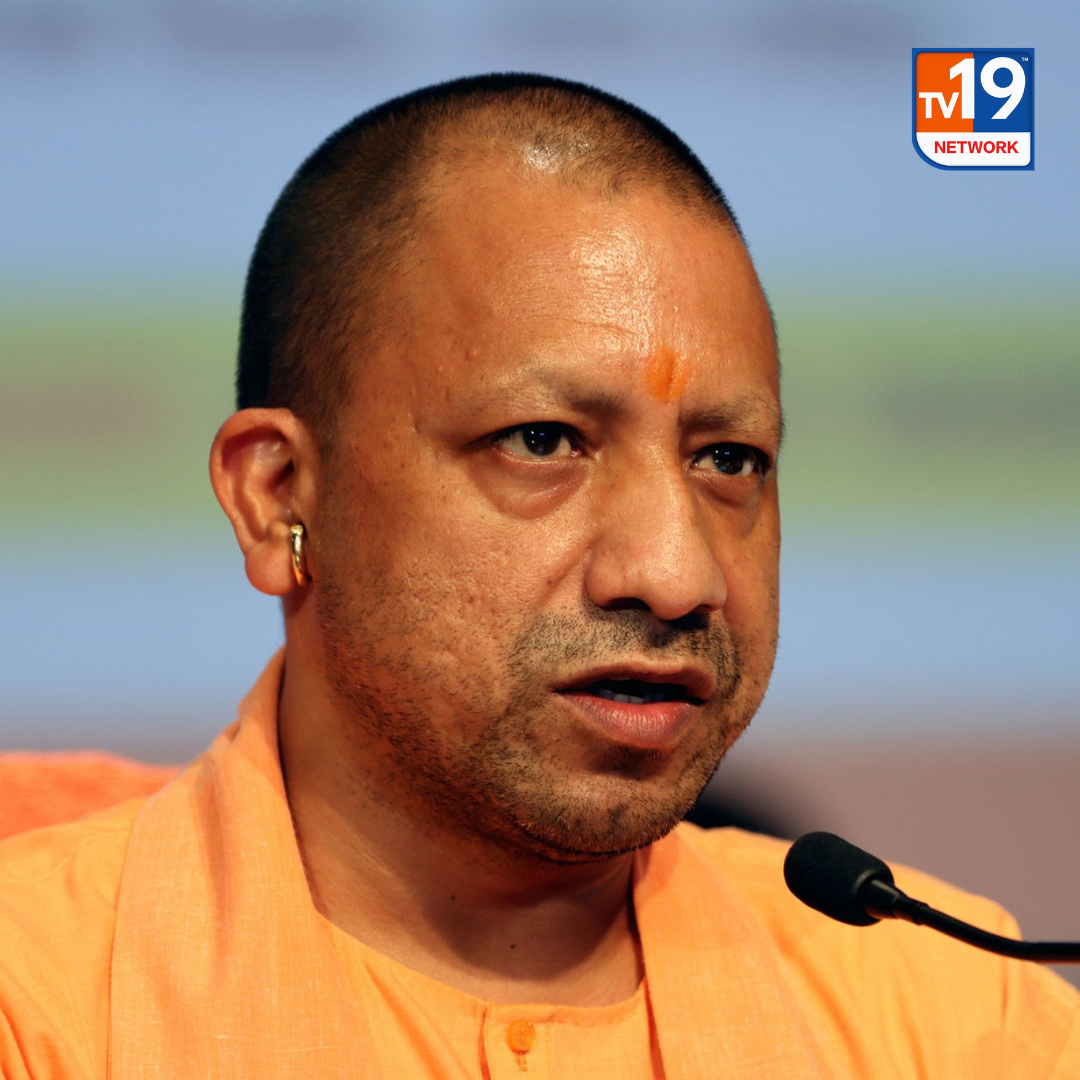Trump Pushes to End Barbarianism in Ukraine but Excludes Kyiv from Talks
Washington D.C. - In a move that's sending shockwaves through international corridors, President Donald Trump has initiated direct negotiations with Russia to end the protracted war in Ukraine—conspicuously excluding Ukraine from the discussions. High-level talks commenced in Riyadh, Saudi Arabia, where U.S. Secretary of State Marco Rubio and Russian Foreign Minister Sergei Lavrov agreed to establish teams dedicated to formulating a peace plan. This unprecedented diplomatic engagement marks a significant shift from Washington's previous strategy of isolating Moscow and unwaveringly supporting Kyiv.
President Trump, expressing optimism post-discussions, stated, "Russia wants to do something. They want to stop the barbarianism that's going on over there." He emphasized the senselessness of the conflict and suggested that it would not have occurred under his administration.
However, the exclusion of Ukraine from these pivotal talks has ignited a firestorm of criticism. Ukrainian President Volodymyr Zelenskyy denounced the negotiations, asserting that any outcome derived without Ukraine's involvement is unacceptable. European leaders have echoed this sentiment, with German Chancellor Olaf Scholz emphasizing that a sustainable peace must include Ukraine's active participation.
Critics argue that bypassing Ukraine undermines its sovereignty and could set a dangerous precedent in international relations. Moreover, concerns are mounting that this approach may embolden Russian aggression, effectively rewarding the invasion. The Trump administration's strategy has also raised alarms among European allies, who fear that their security interests are being sidelined in favor of a U.S.-Russia détente.
As the world watches this high-stakes diplomatic gamble unfold, the central question remains: Can a lasting peace be achieved without the very nation at the heart of the conflict?





